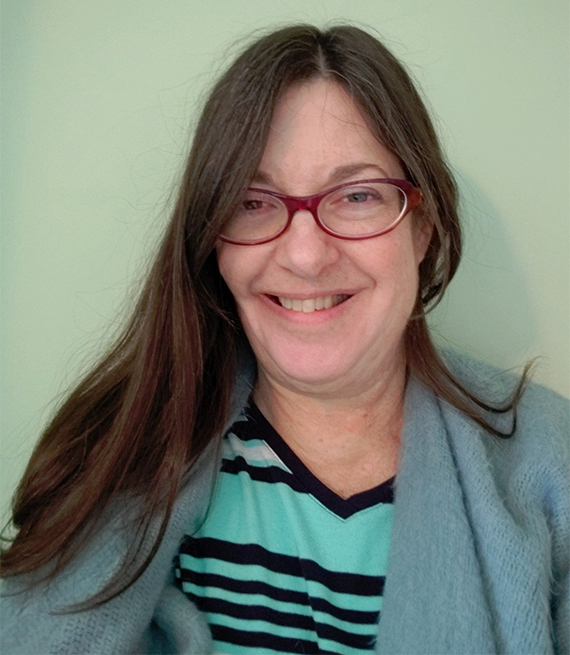AARP Hearing Center
Katie Lemen, 57, kept her eyes on the floor when she stood in line for her COVID-19 vaccine. As a school district employee she qualified to get the shot. And because she is a stroke survivor, her doctor wanted her to get vaccinated quickly.
That didn't mitigate her feeling of guilt that somehow she was taking a shot that should be going to someone else.
"I was in a big room; it seemed like an airport terminal.... Almost everyone in there was 80 or older,” says Lemen, of Silver Spring, Maryland. “It was awful. A couple people looked at me weirdly, but what could I do? I kept telling people, ‘Why don't you go ahead of me?’ “


As COVID-19 vaccinations become available, guilt and envy are playing a significant role in the process. Some of that is provoked by differences among states, or even counties, in who can get vaccinated: A healthy, young teacher might be permitted to get the vaccine in one place, while a 65-year-old with a chronic health condition is still waiting in another.
In addition, vaccine rollouts have been confusing and fraught with technical issues, so often it’s more tech-savvy individuals who score an appointment. And there are racial disparities — advocates for Black and Hispanic communities say distribution of doses isn’t equitable. Not to mention the situation with leftover vaccine, that have resulted, in some cases, with health providers flagging down just about anyone — even those who typically wouldn’t qualify for the vaccine — in order to prevent tossing expired doses.
Lemen says the knowledge that taking the vaccine helps prevent further spread is helpful. But she still grieves for those who are older and can’t get it.
“I have two uncles and an aunt, all in their 80s, living in their houses. They don’t go to grocery stores, church, anywhere. People drop off things to them,” Lemen says. “This is especially hard for my aunt because she’s very social, always going somewhere. She is at the point that she’d rather die than not see people.”
Grappling with emotions
Experts say this guilt and envy is to be expected.
“I have gone through both [guilt and envy] myself,” says psychotherapist Steven Rosenberg, of Philadelphia. “You have to realize that by taking the vaccine, you’re helping out humankind. And you just have to think of that and go on.”
His envy flared over stories of nonessential workers and young people visiting drugstores to get doses that would otherwise need to be discarded at the end of the day.
































































